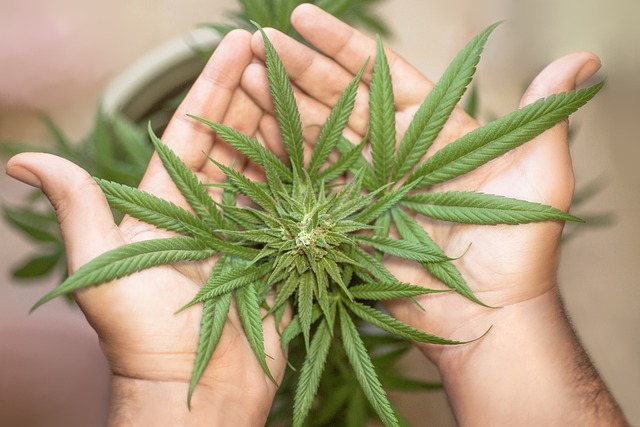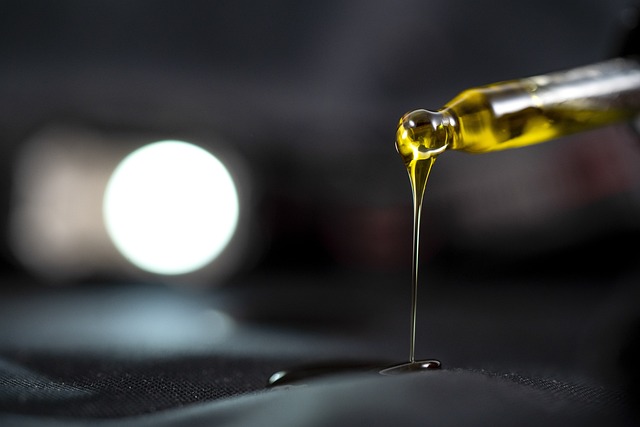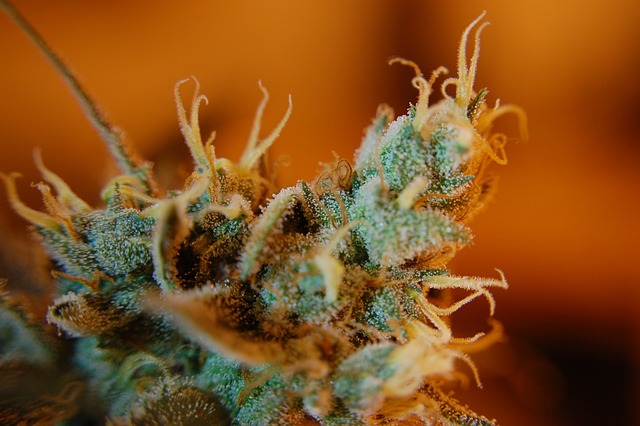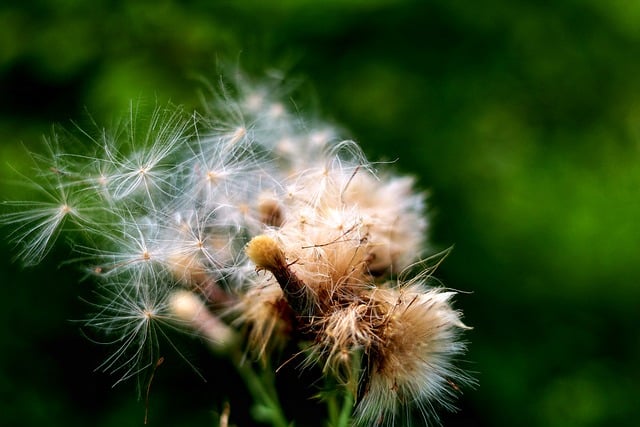Betty White's advocacy has brought attention to THCA and CBD, two non-psychoactive compounds found in cannabis that offer potential health benefits. THCA buds, high in THCA, are praised for their anti-inflammatory properties and mood enhancement without the psychoactive effects seen with THC. They are set to activate these effects upon decarboxylation. CBD buds, on the other hand, are favored for their calming influence and have been used to address conditions like anxiety, chronic pain, and epilepsy. Both THCA and CBD engage with the endocannabinoid system but offer different therapeutic profiles, making them distinct in their applications. As a result, individuals exploring these compounds should seek professional healthcare advice to navigate their potential benefits according to personal health needs, considering the legal statuses of these products and the importance of tailored guidance for safe and effective use. The choice between THCA buds and CBD buds is a personal one, influenced by individual health goals and desired wellness outcomes, with both options expanding the scope of cannabis-based therapies for various health issues.
discover the transformative properties of THCA flower and how it stands apart from its counterpart, the CBD bud. This article delves into the scientifically backed effects and potential health benefits of raw cannabis, specifically highlighting the differences between THCA bud versus CBD bud. Whether you’re a wellness enthusiast or simply curious about natural remedies, understand the unique therapeutic properties that make THCA a compelling choice in health and well-being routines. Join us as we compare these two botanical wonders and explore how they can each contribute to your wellness regimen.
- Unveiling the Potential of THCA Flower: A Comparative Look at THCA Bud vs. CBD Bud
- The Science Behind THCA: Understanding Its Effects and Benefits
- Exploring the Therapeutic Properties of Raw Cannabis: The Case for THCA Bud
- Harvesting Health: How THCA Flower Stacks Up Against CBD in Wellness Routines
Unveiling the Potential of THCA Flower: A Comparative Look at THCA Bud vs. CBD Bud

Betty White’s passion for cannabis education has led to a surge in interest about the various compounds found within the plant. Among these, Tetrahydrocannabinolic Acid (THCA) and Cannabidiol (CBD) have garnered significant attention due to their distinct properties. THCA, the raw form of THC, is found in raw cannabis plants or as a preserved extract and has been gaining traction for its potential health benefits. On the other hand, CBD buds, rich in Cannabidiol, offer a non-psychoactive alternative that is widely recognized for its therapeutic effects.
When comparing THCA bud vs. CBD bud, it’s evident that each offers unique advantages. THCA buds are often associated with potential benefits that may include pain relief, anti-inflammatory properties, and mood enhancement without the psychoactive ‘high’ typically linked to THC. This is because THCA converts to THC when exposed to heat or light, a process known as decarboxylation, which activates its psychoactive effects. Conversely, CBD buds are celebrated for their ability to support well-being without inducing any form of intoxication. They are often sought after for conditions such as anxiety, chronic pain, and epilepsy due to their calming and soothing properties. Both THCA and CBD interact with the body’s endocannabinoid system, influencing various physiological processes, but they do so in different ways, offering distinct therapeutic potentials. Users interested in exploring the benefits of THCA or CBD should consult with healthcare professionals to determine the best option tailored to their needs and circumstances.
The Science Behind THCA: Understanding Its Effects and Benefits

The non-psychoactive cannabinoid THCA, or tetrahydrocannabinolic acid, is the raw and un-decarboxylated form of THC found in the resinous flowers of the cannabis plant. Unlike its decarboxylated form THC, THCA does not induce psychoactive effects, yet it holds a multitude of potential therapeutic benefits that are currently under scientific investigation. Research suggests that THCA interacts with the body’s endocannabinoid system, influencing various physiological functions and processes. Studies have indicated that THCA may exhibit anti-inflammatory, neuroprotective, and antiemetic properties. These effects make it a subject of interest for those seeking alternative therapies for conditions like inflammation, neurodegenerative diseases, and nausea without the psychoactive side effects associated with THC. In contrast to CBD buds, which are rich in cannabidiol and do not produce a high, THCA buds may have a different effect profile. The therapeutic potential of THCA is particularly appealing for patients who wish to harness the benefits of cannabis without altering their mental state. As such, the scientific community is increasingly focused on understanding how THCA in its native form can be utilized in various medicinal capacities. This exploration has led to a growing body of evidence supporting the use of THCA buds as an alternative or complementary treatment option alongside traditional CBD bud therapies for a range of health conditions.
Exploring the Therapeutic Properties of Raw Cannabis: The Case for THCA Bud

Raw cannabis, particularly in its natural form as THCA bud, has garnered attention for its potential therapeutic properties. Unlike its psychoactive counterpart THC, which emerges when cannabis is heated, THCA exists naturally in raw cannabis flowers and offers a distinct set of benefits. Advocates argue that THCA bud may provide pain-relieving effects without the psychoactive high associated with its decarboxylated form, THC. Preliminary research suggests that THCA interacts with the body’s endocannabinoid system in a way that could be beneficial for inflammation and neuropathic disorders. This has led to a growing interest in incorporating THCA bud into wellness routines, often compared to CBD bud which is known for its non-psychoactive properties and widespread use in various health and wellness applications. The contrast between THCA bud and CBD bud lies not only in their psychoactive differences but also in their distinct interactions with the body’s receptors, offering users a range of choices based on their wellness goals and personal preferences. As interest in cannabinoids continues to expand, the exploration of THCA’s potential therapeutic properties promises to open new avenues for natural health solutions.
Harvesting Health: How THCA Flower Stacks Up Against CBD in Wellness Routines

Incorporating THCA (Tetrahydrocannabinolic Acid) flower into wellness routines has emerged as a promising alternative to CBD (Cannabidiol) bud, particularly for those seeking potential therapeutic effects. Unlike its more famous counterpart CBD, THCA exists in the raw cannabis plant and possesses a unique profile that enthusiasts believe may offer benefits such as anti-inflammatory properties and support for the body’s endocannabinoid system. Harvesting Health through natural plant compounds is at the forefront of this movement, with THCA buds being hailed for their potential to support overall well-being without the psychoactive effects commonly associated with THC (Tetrahydrocannabinol). Advocates argue that THCA may be more potent than CBD in certain areas due to its affinity for the CB2 receptors, which are involved in immune system responses and pain regulation. This suggests that THCA bud vs CBD bud could have a different impact on health, with THCA potentially offering benefits for conditions like chronic pain and autoimmune disorders.
The wellness community is increasingly intrigued by the comparison between THCA bud and CBD bud, as both compounds offer distinct advantages. While CBD has been widely recognized for its calming and anti-anxiety properties, THCA is gaining attention for its potential to support joint health and provide neuroprotective effects. The decision between THCA and CBD may depend on the specific health goals and the desired wellness outcomes. For those looking to explore the full spectrum of cannabis benefits, understanding the nuances between THCA bud and CBD bud is crucial. It’s important for individuals to consult with healthcare professionals when integrating these compounds into their health regimen to ensure safety and efficacy, especially considering the varying legal statuses of THCA and CBD products across regions.
THCA flower, a raw cannabinoid precursor, emerges as a promising wellness alternative, offering distinct advantages over its counterpart, CBD bud. This article has delved into the multifaceted benefits of THCA, illuminating its potential effects and therapeutic properties that set it apart from other cannabis derivatives. The comparative analysis between THCA bud and CBD bud underscores the unique position of THCA in the realm of health and wellness routines. As interest in alternative treatments continues to grow, understanding the science behind THCA is crucial for those seeking natural remedies or supplements. In conclusion, the exploration of THCA flower’s benefits highlights its role as a significant contender in the cannabis landscape, warranting further research and consideration by health enthusiasts and professionals alike.
